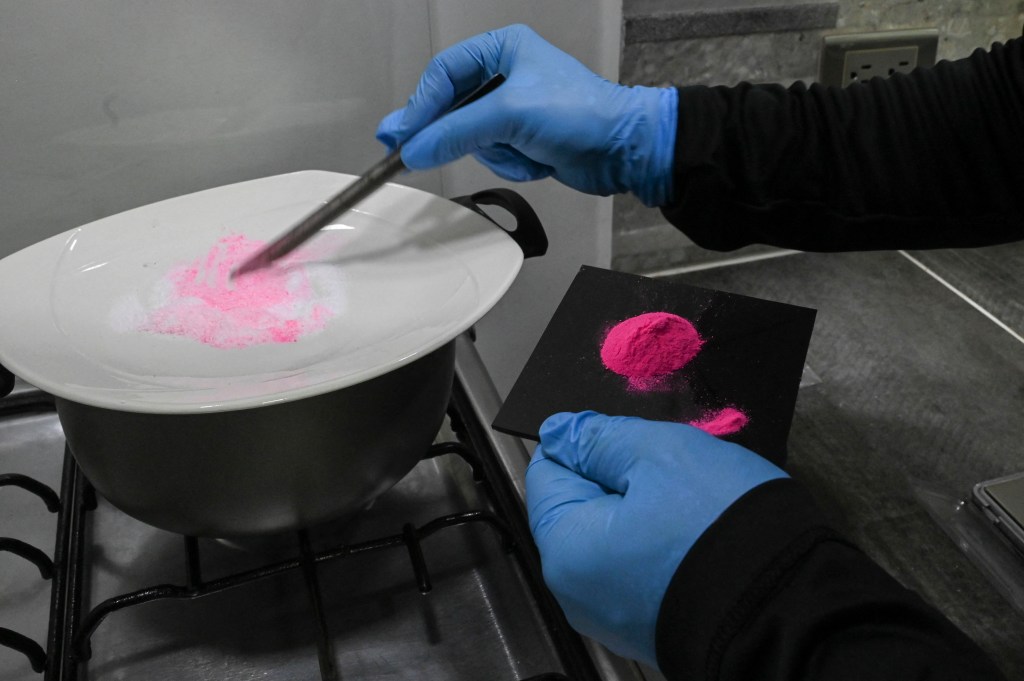The first-in-the-nation law to decriminalize drug possession is in jeopardy. Oregon lawmakers passed a bipartisan bill Thursday, Feb. 29, that would recriminalize possession of narcotics such as opioids, cocaine and methamphetamine in the state.
According to The Associated Press, House Bill 4002 reintroduces criminal penalties of up to six months in prison and allows police to confiscate drugs in public places, like parks.
The change in Oregon comes four years after 58% of voters approved decriminalizing drugs in 2020. The law decriminalizing drugs — otherwise known as Measure 110 — reportedly pushed hundreds of millions of dollars from cannabis taxes into drug recovery and prevention services.
However, Measure 110 didn’t work as planned. A state audit revealed that the distribution of funds moved too slowly, and the infrastructure needed for more mental health services was never there. Federal data rated Oregon last in the nation in access to drug treatment due to “historic underinvestment.”
Under Measure 110, Oregon drug users would receive a $100 citation instead of facing criminal punishment, with an option to seek help at a drug treatment facility instead of paying the fine. However, there is no penalty for ignoring the citation, and state data reportedly shows that just 4% of people given a citation sought help.
Pressure has been building on lawmakers to act as overdose deaths increased in Oregon and across the U.S. According to Oregon Public Broadcasting, a number of researchers said there is not enough evidence to determine whether decriminalizing drugs impacted overdose deaths.
Meanwhile, Sen. Tim Knopp, R-Ore., told Fox News that voter-approved decriminalization did not work and declared the latest legislation a victory for Oregon voters.
“Instead of treatment that the voters thought they were going to get for their family and friends who are on drugs and are addicted, they ended up getting unbridled drug use, drug sales, all over our major cities across Oregon,” Knopp said.
Sen. Kayse Jama, D-Ore., opposes recriminalization efforts and argues that they will deepen racial disparities.
“This bill will have devastating impacts on communities of color and low-income Oregonians, burdening an already-strained justice system while failing to address the root causes of our addiction crisis,” Jama said.
Jama also claimed that the new rules would lead to more low-level criminal cases than public defenders in the state could handle.
“The governor will review the bill when it reaches her desk,” Elisabeth Shepard, Gov. Tina Kotek’s press secretary, said.
Kotek’s office did not address whether she plans to sign House Bill 4002 or not. Under state law, the governor will have 30 days to veto the bill.
